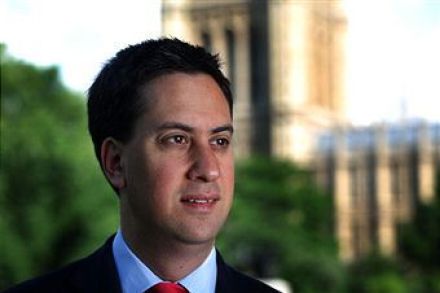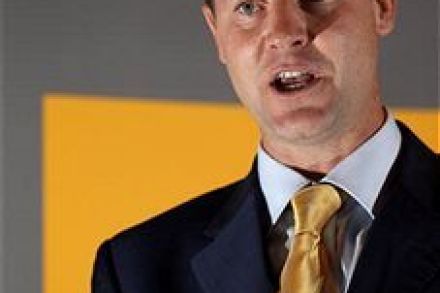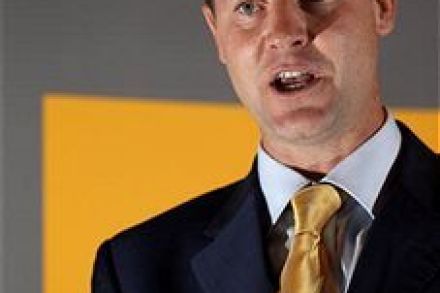Battling for the budget rebate
A plain speaking man, Janusz Lewandowksi. This week, the EU Budget Commissioner said, not without a clear note of pleasure, that ‘the rebate for Britain has lost its original justification.’ The EU veers between incompetence and arrogance. Baroness Ashton embodies the former, Lewandowski the latter. His statement encapsulated why a majority of Britons want out of this club into which they have never been allowed to enter. Put simply, it was hectoring and counter-factual. Mrs Thatcher negotiated the rebate to balance Britain’s net contribution, which was excessive owing to Germany and France’s disproportionate profit from the Common Agricultural Policy (the most glorious misnomer). At the time, the EU was run














